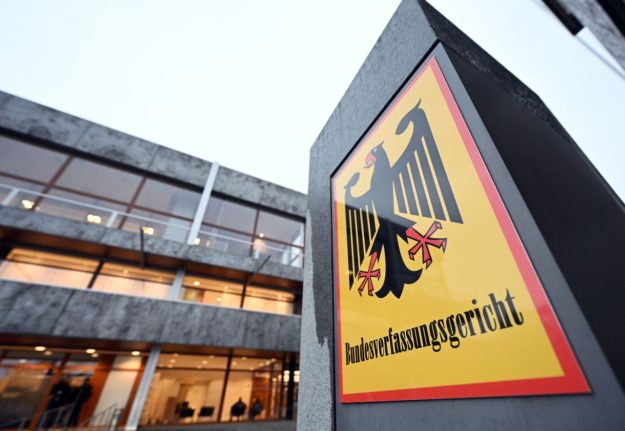The museum’s spokesperson Delia Fischer confirmed the figure to the Tages Anzeiger newspaper and said a working group had been set up to devise a way forward.
The group, which includes Fifa special advisor Zvonimir Boban and the president of the Egyptian Museum in Turin, Evelina Christillin, will aim to develop a sustainable business model by using “new, innovative approaches” according to the paper.
At the end of October the museum parted company with its inaugural managing director Stefan Jost over “contrasting views” on its future development.
At the time, Swiss media reported that the museum was performing well below expectations, attracting only 11,000 visitors a month – around 132,000 over the year – while it had foreseen around 250,000 a year.
Over 140 million francs was invested in the development of the museum, the brainchild of disgraced former Fifa president Sepp Blatter.
It was created during a turbulent period for football’s world governing body, which was engulfed by the corruption scandal that brought down Blatter and his right-hand man Michel Platini last year.
In the centre of Zurich, and covering 3,000 square metres on three levels, the museum exhibits objects retracing the history of football, with a library including 5,000 works.
The working group will present its findings in January.



 Please whitelist us to continue reading.
Please whitelist us to continue reading.
Member comments